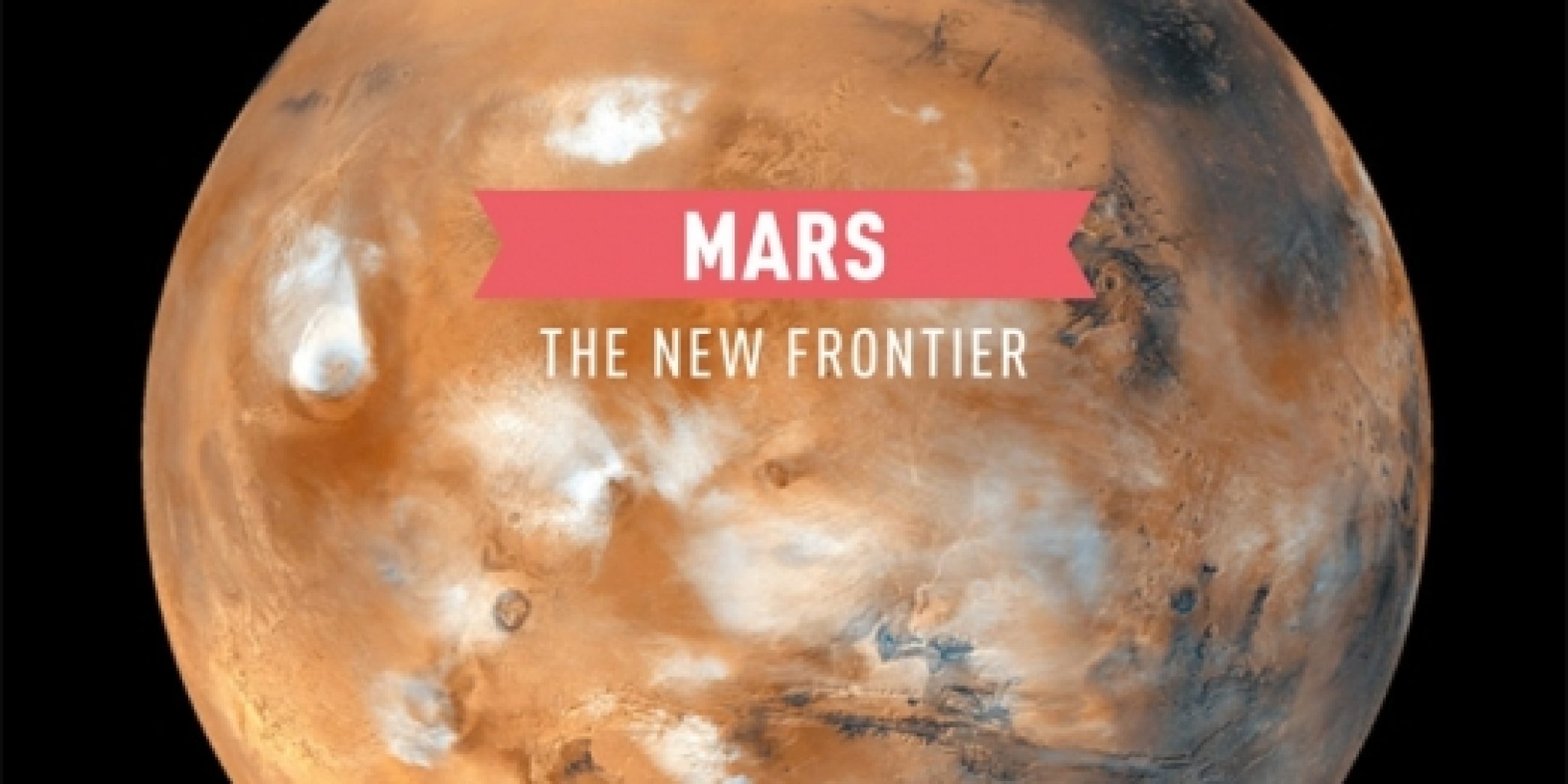The current revolution in the space sector, driven by innovation for applications, could have the unexpected effect of stepping up the space of Mars exploration. Slated for 2010-2050 only six months ago, launch of the first crewed mission to Mars is seemingly getting closer by the day, with proponents now talking about 2030 or even 2025. Why ? Because we are starting to see the benefits of the spectacular cost reductions in satellites and space launches made possible by a series of projects and increased launch an production rates. As a result, what was previously just a concept to send spacecraft to Mars capable of supporting a four-to-six person crew in space for two years is now on the verge of becoming reality.
Drawing on the in-depth knowledge of Mars gleaned from the exceptional Mars Express, Curiosity, MAVEN, ExoMars, Insight and Mars 2020 missions, France, https://fscience-old.originis.fr/wp-content/uploads/2023/06/GLOC_Oslo_Norway_S2_27juillet2022_web-2-1.jpg and our scientific community will be at the forefront of this new saga of the modern age – to conquer what is fast becoming THE new frontier for all humankind.








